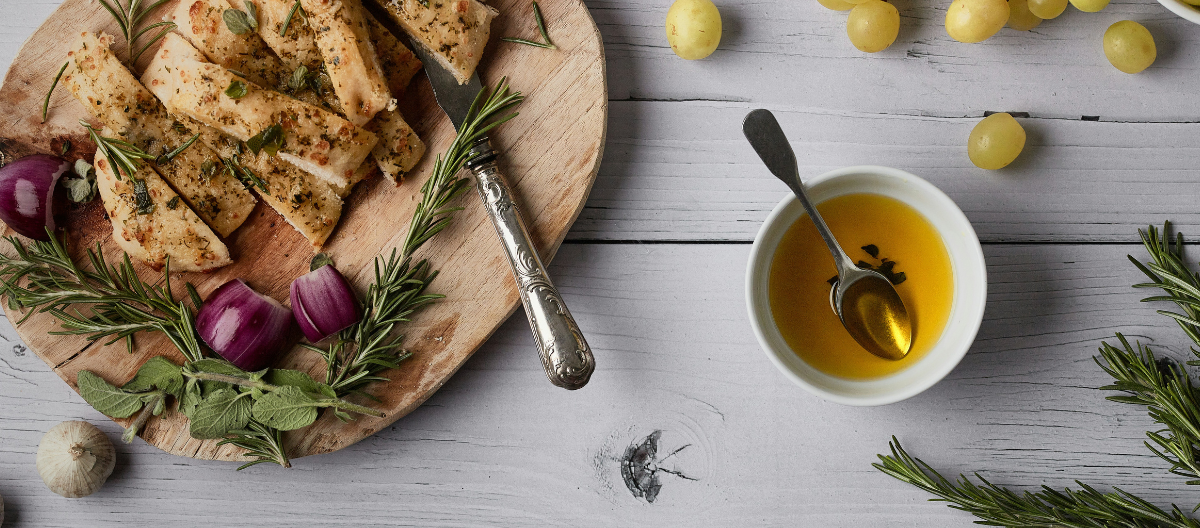Hey Diva dressing fans! When the items we love coincide with brands we work with, Diva dressing will use Paid Links in our articles. If you decide to click on these links and purchase the product, we get a small commission. Our Opinions Are Our Own, but we do add Paid Links as a way to offer these products at no added cost to our readers. Want to know more? Click Here to check out our Terms of Use anytime!
Adopting a balanced and nutritious diet is essential for maintaining overall health and well-being. Three key components that have garnered attention for their numerous health benefits are olive oil, fish, and whole grains. These foods are staples of the Mediterranean diet, known for its heart-healthy properties and emphasis on whole, unprocessed foods. Here’s nutritional powerhouses and practical ways to incorporate them into your daily meals.
Benefits of Olive Oil
Olive oil, particularly extra virgin olive oil, is a cornerstone of healthy eating. It is rich in monounsaturated fats, which can help reduce bad cholesterol levels and lower the risk of heart disease. Additionally, olive oil contains antioxidants and anti-inflammatory compounds that contribute to overall health.
Heart Health: Regular consumption of olive oil has been linked to improved cardiovascular health. Its high content of oleic acid can help reduce inflammation and lower blood pressure.
Antioxidant Properties: Olive oil is packed with antioxidants, including vitamin E and polyphenols, which protect the body from oxidative stress and may reduce the risk of chronic diseases.
Weight Management: While olive oil is calorie-dense, its satiating properties can help control appetite and reduce overall calorie intake when used in moderation.
How to Incorporate Olive Oil
- Salad Dressings: Use olive oil as a base for homemade salad dressings. Combine it with vinegar, lemon juice, herbs, and spices for a fresh and flavorful dressing.
- Cooking and Sautéing: Replace butter or margarine with olive oil when sautéing vegetables or cooking proteins. It adds flavor and health benefits without unnecessary saturated fats.
- Drizzling: Enhance the taste of dishes by drizzling olive oil over cooked vegetables, grains, or even pizza. It adds richness and depth to flavors.
- Dipping: Serve olive oil as a dip for bread. Add herbs and spices for a delicious appetizer.
Benefits of Fish
Fish is an excellent source of high-quality protein, omega-3 fatty acids, vitamins, and minerals. The health benefits of incorporating fish into your diet are well-documented, particularly regarding heart health and brain function.
Omega-3 Fatty Acids: Fatty fish, such as salmon, mackerel, and sardines, are rich in omega-3s, which are essential for heart health, brain function, and reducing inflammation.
Protein Source: Fish is a lean source of protein, making it an excellent option for building and repairing tissues without the saturated fats found in red meat.
Nutrient-Rich: Fish is packed with essential nutrients, including vitamin D, B vitamins, selenium, and iodine, which support overall health.
How to Incorporate Fish
- Grilling or Baking: Cook fish by grilling, baking, or broiling to preserve its nutrients. Season with herbs, spices, and olive oil for added flavor.
- Fish Tacos: Use grilled fish as a filling for tacos. Top with fresh salsa, avocado, and cabbage for a delicious and nutritious meal.
- Salads and Bowls: Add flaked or grilled fish to salads or grain bowls. Pair it with leafy greens, whole grains, and a drizzle of olive oil for a balanced meal.
- Soups and Stews: Incorporate fish into soups or stews, such as chowders or bouillabaisse, to enhance flavor and nutrition.
Benefits of Whole Grains
Whole grains are an essential part of a balanced diet, providing fiber, vitamins, and minerals. Unlike refined grains, whole grains retain the bran and germ, offering greater nutritional benefits.
High in Fiber: Whole grains are an excellent source of dietary fiber, which aids digestion, supports heart health, and helps maintain a healthy weight.
Nutrient Dense: Whole grains provide essential nutrients such as B vitamins, iron, magnesium, and antioxidants that are vital for overall health.
Stable Energy Levels: The complex carbohydrates in whole grains release energy slowly, helping to stabilize blood sugar levels and prevent energy crashes.
How to Incorporate Whole Grains
- Breakfast Choices: Start your day with whole grain oatmeal, overnight oats, or whole grain toast. Top with fruits, nuts, or seeds for added nutrition.
- Substituting Grains: Use whole grain pasta or brown rice instead of refined options. Experiment with other grains like quinoa, farro, or barley for variety.
- Baking: Substitute whole wheat flour for white flour in baking recipes. This adds fiber and nutrients to your baked goods.
- Snacks: Choose whole grain snacks, such as popcorn or whole grain crackers, for a healthier option.
Here are some products you can add in your kitchen
36 PCS Pantry Organizer Label Stickers for Spice Kitchen Organizer White Script $5.54

Clear Kitchen Pantry Preprinted Storage Canister Labels Set $6.79

YBM Home Bamboo Kitchen Drawer Organizer Storage Box $6.97

Home Kitchen Empty Spice Powder Soup Filter Bag $7.12

Kitchen Brush Utensil Silicone Cooking Gadgets for Nonstick Cookware $7.59

Kitchen Plastic Tea Soup Coffee Graduated Measuring Spoon $7.59


BQ Cook Kitchen Cooking Baking Basting Pastry Barbecue Brush $7.87

Long Beige Bamboo Chinese Traditional Kitchen Chopsticks $8.24

Household Kitchen Utensil Plastic Fruit Vegetable Potato Peeler $8.39

Fusion Brands 8″ Long Silicone Kitchen Stir Stik Mini $8.49

Kitchen Plastic Salt Sauce Garlic Pepper Holder $8.62



